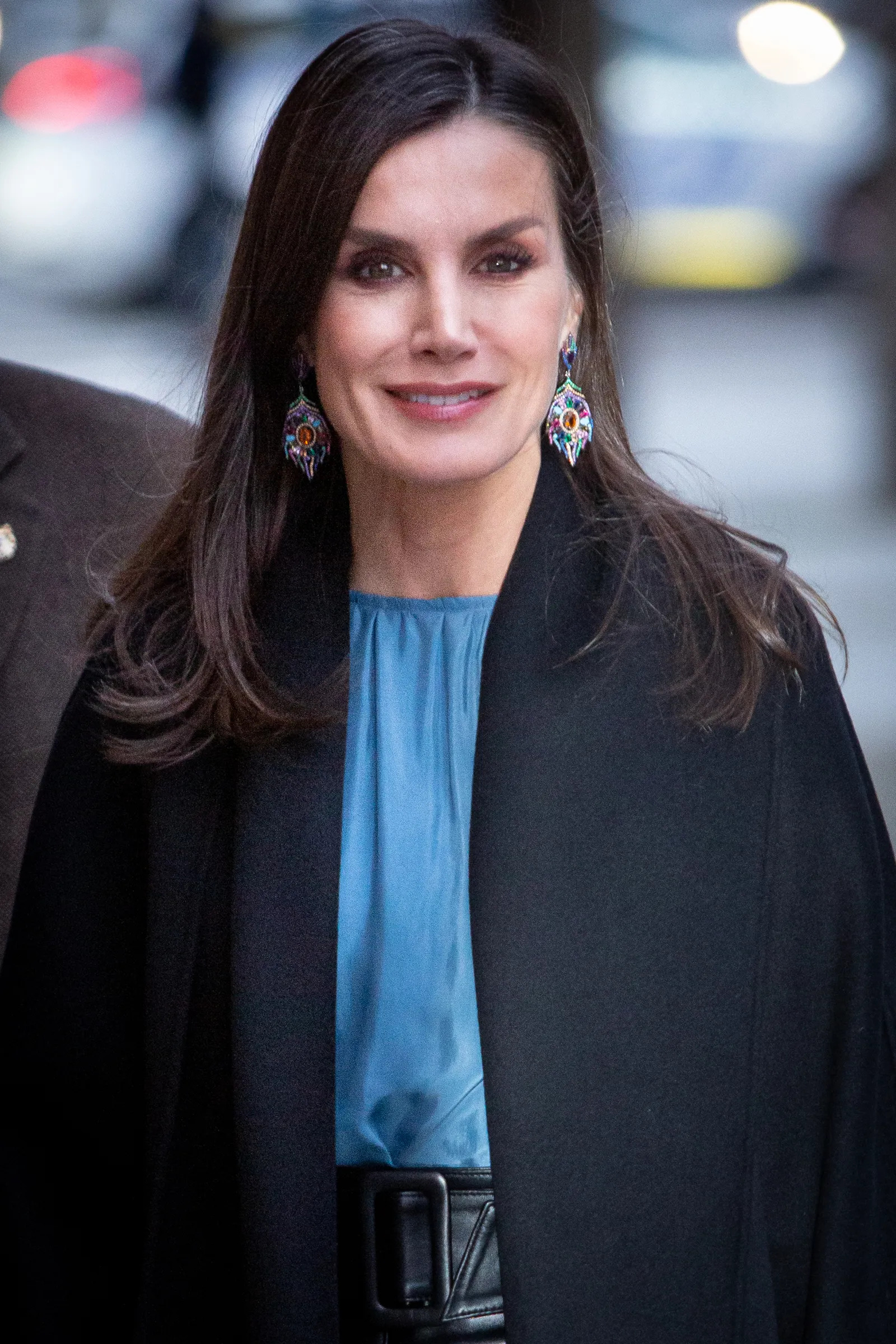In Peru, family and community are at the heart of daily life. More than just a support system, they shape identity, traditions, and the way people engage with the world. Whether in the bustling streets of Lima or the remote villages of the Andes, strong family bonds and close-knit communities define Peruvian culture.
Family: The Foundation of Society
For most Peruvians, family comes first. Unlike in some Western cultures where independence is highly valued, Peruvians often remain deeply connected to their families throughout their lives. It’s common for multiple generations to live under the same roof, with grandparents, parents, and children sharing responsibilities and daily experiences.
Elders hold a special place in Peruvian households. They are respected for their wisdom and play an integral role in decision-making and passing down traditions. Younger generations often seek their guidance, whether in personal matters or cultural customs.
Celebrations and Traditions
Family gatherings are frequent and lively, often centered around meals and traditions. Sundays are typically reserved for large family meals, where everyone comes together to share stories and enjoy homemade dishes like ceviche, lomo saltado, or pachamanca. Religious holidays, birthdays, and festivals are also significant occasions that bring extended families together.

One of the most important celebrations is the Fiesta de la Virgen del Carmen, where families and communities unite to honor their patron saint with music, dance, and feasts. Weddings, baptisms, and quinceañeras (a girl’s fifteenth birthday celebration) are also major milestones that highlight the importance of family unity.

The Role of Community
Beyond family, community plays a vital role in Peruvian life. In small towns and rural areas, people rely on one another for support, whether it’s helping with a harvest, building a home, or organizing local festivities. This sense of collective responsibility is known as ayni, an Andean principle of mutual aid that dates back to the Inca civilization.
Even in cities, community remains strong. Neighbors often form close relationships, looking out for each other and offering assistance when needed. Markets, plazas, and community centers serve as gathering places where people come together to share in daily life.
Modern Changes and Challenges
While traditional family values remain strong, modern influences are changing some aspects of Peruvian society. Urbanization, economic shifts, and migration have led to smaller family units, and younger generations are becoming more independent. However, the core values of family loyalty and community support continue to be deeply embedded in the culture.
Technology has also played a role in keeping families connected. Many Peruvians who move abroad or to other parts of the country stay in touch with their loved ones through video calls and messaging apps, ensuring that distance doesn’t weaken family bonds.
A Culture Built on Togetherness
In Peru, family and community are more than just social structures—they are a way of life. They provide emotional and practical support, preserve traditions, and foster a strong sense of belonging. Whether through shared meals, communal work, or festive celebrations, Peruvians continue to value and nurture these connections, proving that in their culture, no one is ever truly alone.
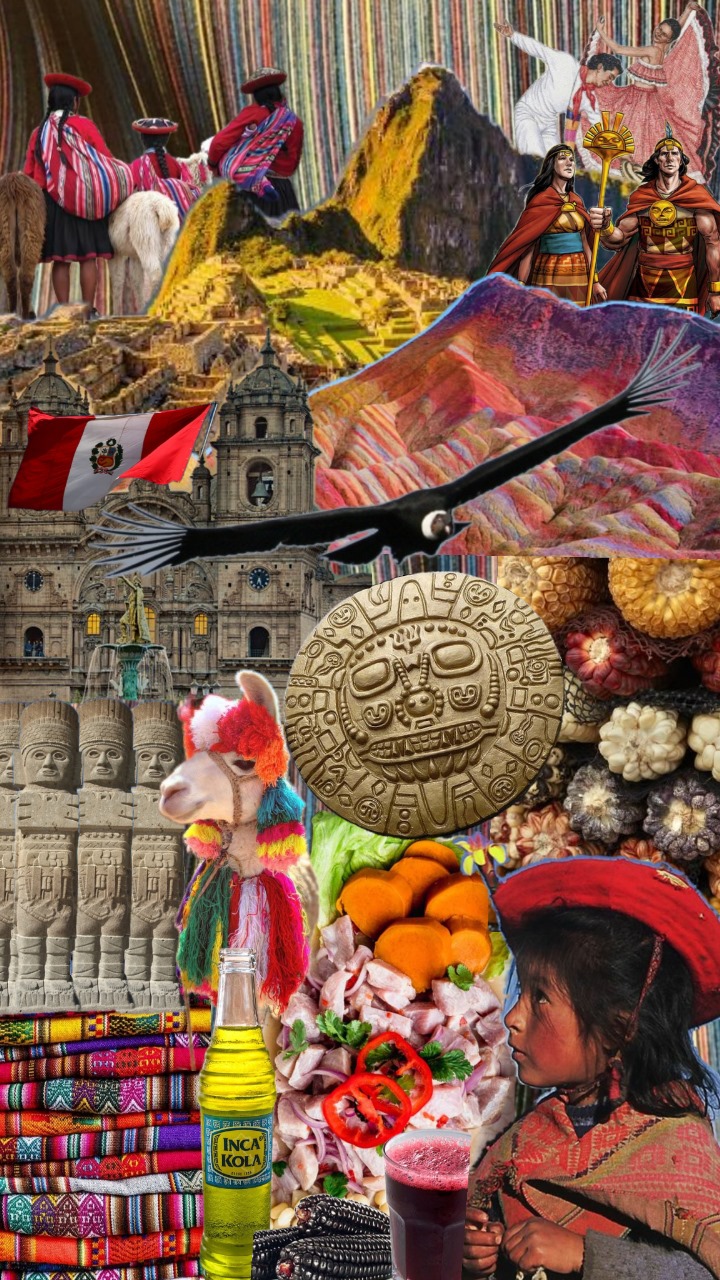
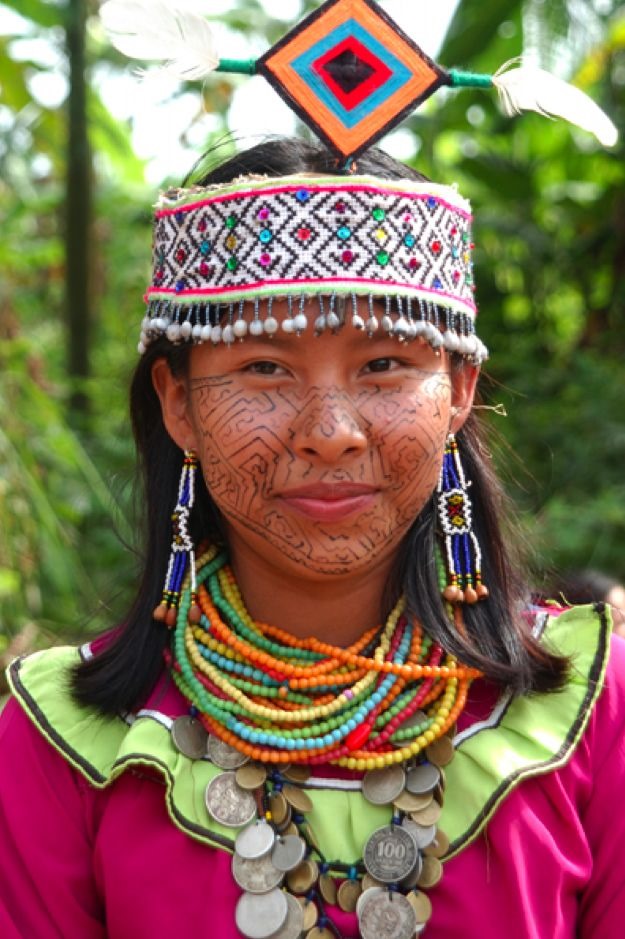
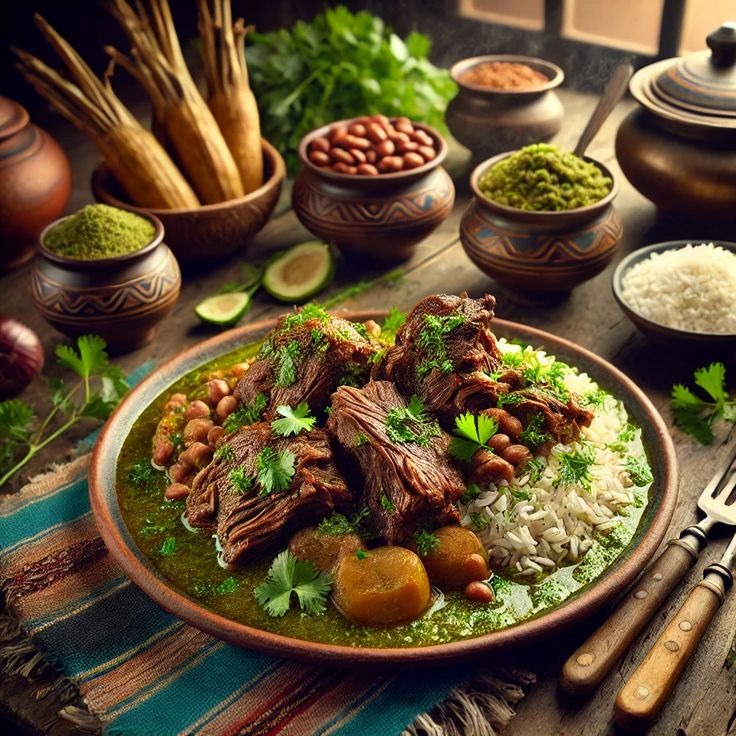
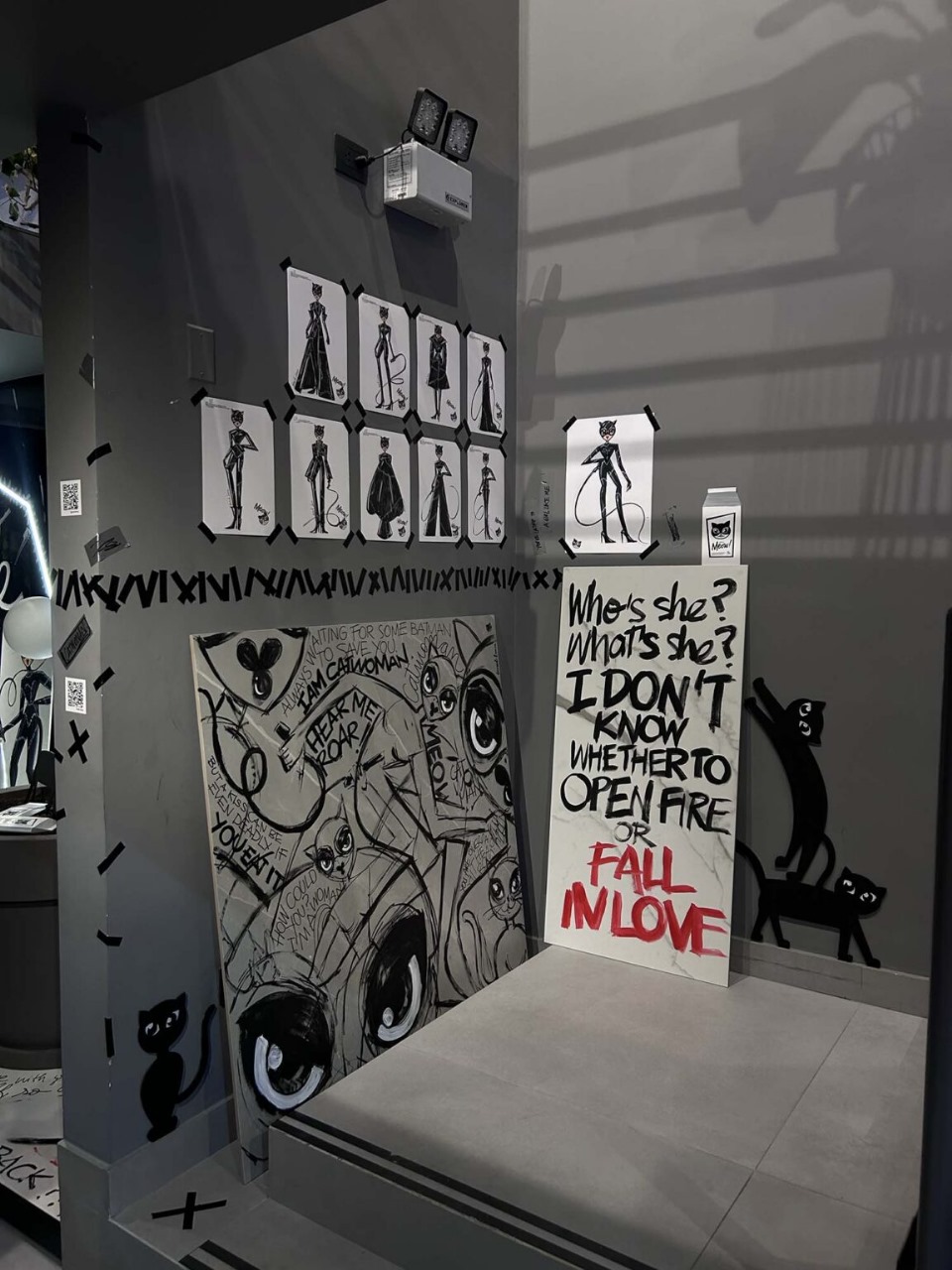

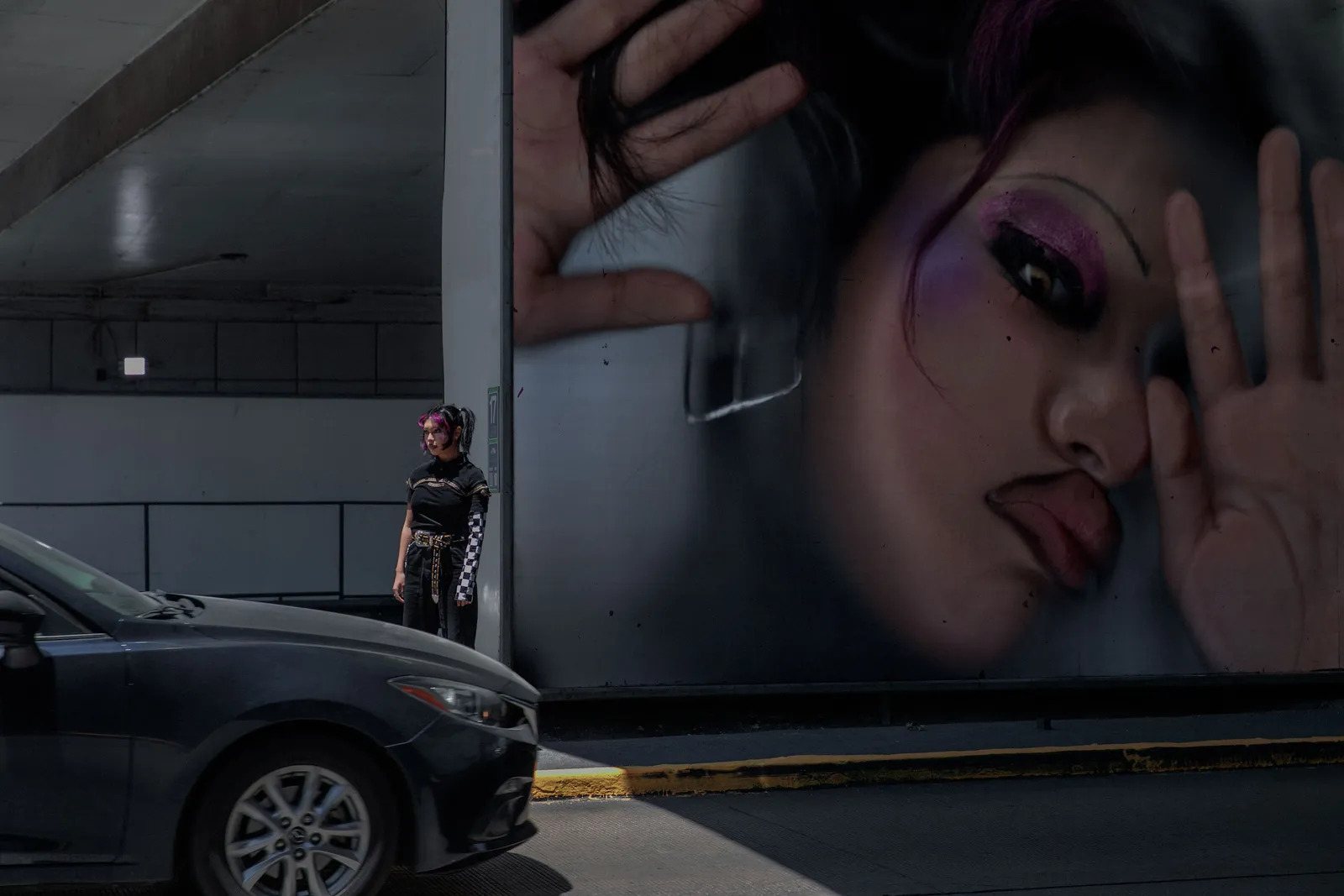
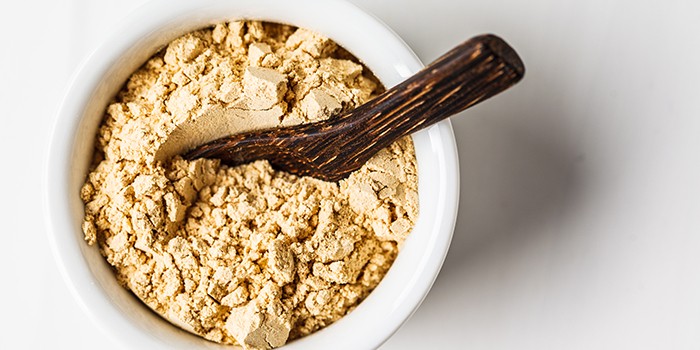

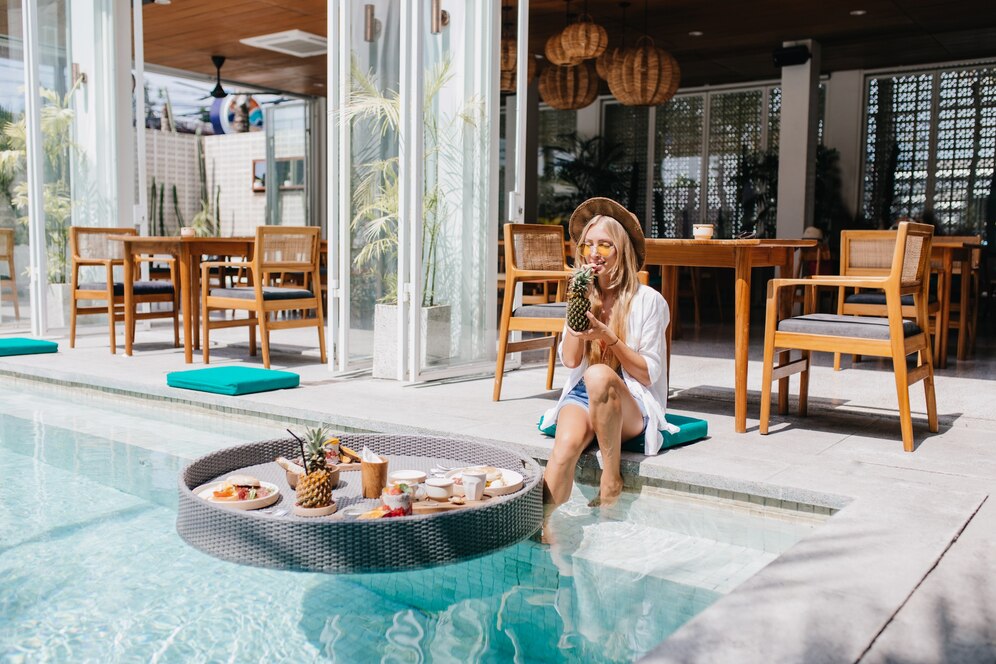
.jpg)

